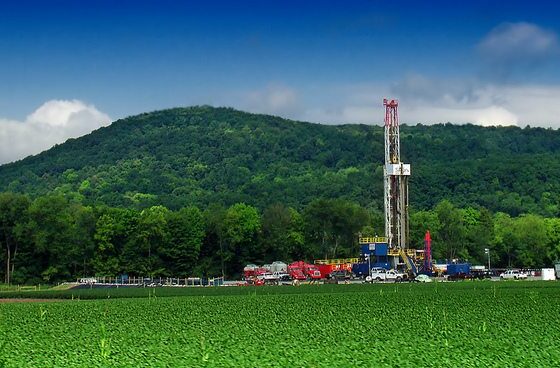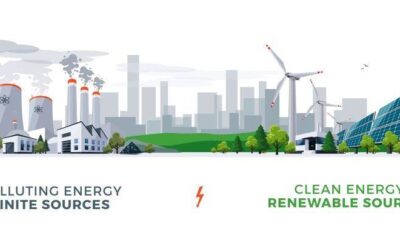

Energy
UK public conflicted about Shale Gas fracking shows opinion survey
A new study reveals that the public have considerable reservations about hydraulic fracture stimulation – or ‘fracking’ – in shale gas. This is consistent with research over the last few decades that consistently shows that the British public prefers renewable energy sources over alternatives, and that they consider fossil fuels to be polluting, finite, and outdated.
Lead author Professor Lorraine Whitmarsh from Cardiff University and the Tyndall Centre says “This is the first UK experimental survey of public perceptions of shale gas fracking. We find the public is very uncertain about the technology and about the government’s ability to adequately regulate shale gas.
There is considerable ambivalence about shale gas, with greater awareness of potential risks such as water contamination than potential benefits such as an indigenous resource contributing to energy security. Location influences public attitudes to fracking, with those living near to frackable areas of Lancashire being more positive than those living in other regions.
The strongest influences on attitudes were demographic factors, political affiliation and environmental values. They also find that when provided with more information about shale gas fracking, the people who changed their attitudes the most were those who were previously the most ambivalent.
Consistent with other studies, the researchers also find a preference for renewable energy over shale gas or other fossil fuel sources. While they find that giving people more information about the risks and benefits of shale gas is important for shaping the public’s attitudes to this controversial energy source, their research also shows that people’s values and background influence how they see the issue.
“As with most contested issues of public policy, the research highlights the need to provide early, accurate and impartial information about shale gas fracking to the public to allow them to be meaningfully involved in decision-making and before their opinions become entrenched.
Media, green groups, business and government have to take responsibility for ensuring reliable information takes precedent over their agenda to enable constructive debate over important issues of environmental policy” said Prof. Lorraine Whitmarsh of Cardiff University and the Tyndall Centre.
The researchers used an online survey of 1,457 members of the UK public in Autumn 2014 for their findings.
The research paper is published in Applied Energy. It is open access and available here doi:10.1016/j.apenergy.2015.09.004, UK public perceptions of shale gas hydraulic fracturing: The role of audience, message and contextual factors on risk perceptions and policy support


 Environment11 months ago
Environment11 months agoAre Polymer Banknotes: an Eco-Friendly Trend or a Groundswell?

 Features10 months ago
Features10 months agoEco-Friendly Cryptocurrencies: Sustainable Investment Choices

 Features11 months ago
Features11 months agoEco-Friendly Crypto Traders Must Find the Right Exchange

 Energy10 months ago
Energy10 months agoThe Growing Role of Solar Panels in Ireland’s Energy Future





























